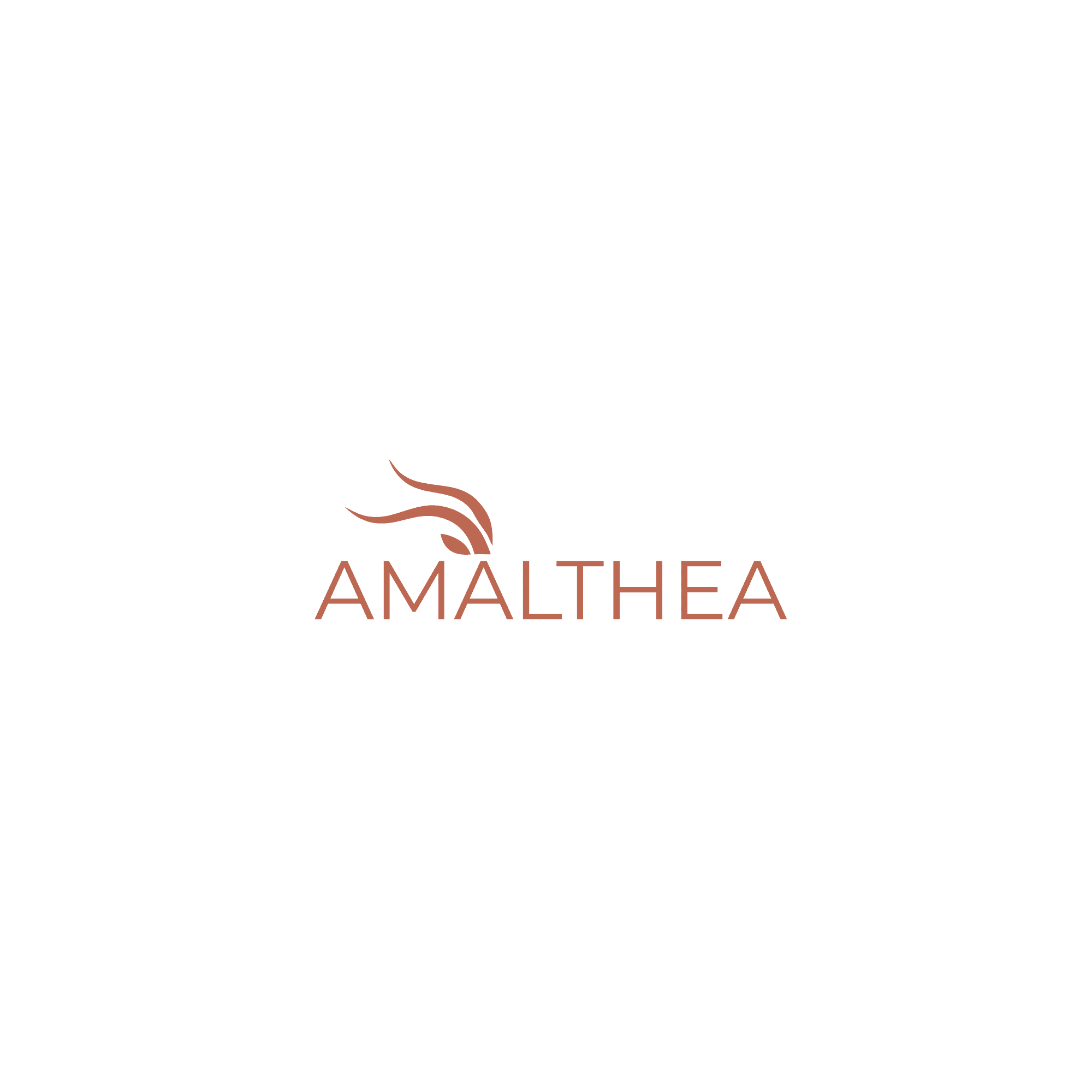Identify and prevent radicalisation through an intersectional lens via research, training, innovative tools and collaboration between institutions, communities and professionals for inclusive and informed decisions.
Context
The prevention and counteraction of violent extremism require a more inclusive approach that is sensitive to gender dynamics and the intersections of age, religion, ethnicity, sexual orientation, and socio-economic status. Current counter extremism and terrorism policies often lack a genuine gender perspective, limiting themselves to including women in existing prevention and rehabilitation programs, without considering the structural roots of gender inequality and the very deep-seated causes that favor radicalization processes. However, radicalization dynamics are influenced by social roles, discrimination, and trauma that act differently on individuals and communities. Feminist and intersectional analysis allows for a better understanding of the factors that favor extremism, such as lack of social belonging, the search for recognition, or identity narratives. In this scenario, it is essential to promote shared knowledge and tailored tools for those working in prevention, strengthening collaboration between institutions, academia, communities, and civil society for more effective and lasting responses. In this direction, the AMALTHEA project aims to fill existing gaps through advanced research, sharing and interaction of knowledge and skills on the phenomenon, and innovative tools, offering concrete and integrated solutions to address the phenomenon in a more conscious and holistic way.
Objectives
- Create a solid and multidimensional knowledge base for those working in the prevention of violent extremism, analyzing the role of gender, socio-political and religious factors, and normative dynamics in radicalization processes.
- Provide innovative and customized tools to support law enforcement and civil society in the prevention of violent extremism with a gender-sensitive and needs-based approach.
- Verify and promote the applicability of results in different contexts, through concrete tests, clear protocols, and attention to legal and ethical aspects, to ensure impact and replicability.
- Promote an integrated European approach to extremism prevention, based on intersectional research, innovative solutions, and collaboration among institutions, enhancing the active role of all and facilitating the concrete use of the project’s results.
Activities
- Conduct workshops and interviews to understand the gender-related motivations for radicalization and the impact of group dynamics.
- Develop strategies and policies based on motivational factors to improve the detection and prevention of radicalization.
- Offer training and modern tools to law enforcement, social workers, and teachers for the early identification of radicalization.
- Identify and transfer best practices among member states to strengthen collaboration between citizens and law enforcement in multicultural contexts.
- Design and implement empowerment strategies for girls and women through legal, cultural, and financial tools.
- Integrate AI technologies for preventive analysis, crime detection, and information sharing among authorities and stakeholders.
Resources
- AMALTHEA-Framework on the phenomenon of radicalization
- LEAs’ and wider ecosystem needs’ analyses methodology
- AMALTHEA radicalisation dynamics comprehension package
- AMALTHEA knowledge creation, management and sharing package
- AMALTHEA collaboration and de-radicalisation tools package
- The AMALTHEA multilingual curricula & reports on trainings
- AMALTHEA reusable validation protocol
- The AMALTHEA impact assessments
- The replicable ethical and legal monitoring handbook
- The societal impact maximisation handbook towards efficient understanding and mitigation of radicalisation
Impact
- Improvement of the analysis and intervention capacity of law enforcement and civil society thanks to practical tools that integrate a gender perspective.
- Enhancement of working methods and tools, developed by the AMALTHEA project, for the prevention of radicalization activities and terrorist threats.
- Improvement in the early detection and timely intervention against cybercrimes affecting vulnerable communities, especially minors.
- Strengthening of the collaboration between local, public, and private actors with law enforcement in the context of preventing and countering radicalization.
Partners
- Stichting Vrije Universiteit Amsterdam (Netherlands, coordinator)
- Vrije Universiteit Brussel (Belgium)
- Institutul de Cercetare a Calitatii Vietii (Romania)
- Queen’s University at Kingston (Canada)
- Convergence (Greece)
- European Foundation for Democracy (Belgium)
- Centre d’Action et de Prévention Contre la Radicalisation des Individus (France)
- CESIE ETS (Italy)
- Symplexis (Greece)
- IOTAM Internet of things applications and multi-layer development (Cyprus)
- Netcompany – Intrasoft (Luxenbourg)
- Madrid Police (Spain)
- Hellenic Police (Greece)
- Serviciul de Protectie si Paza (Romania)
- The General Police Inspectorate of the Ministry of Internal Affairs (Moldova)









